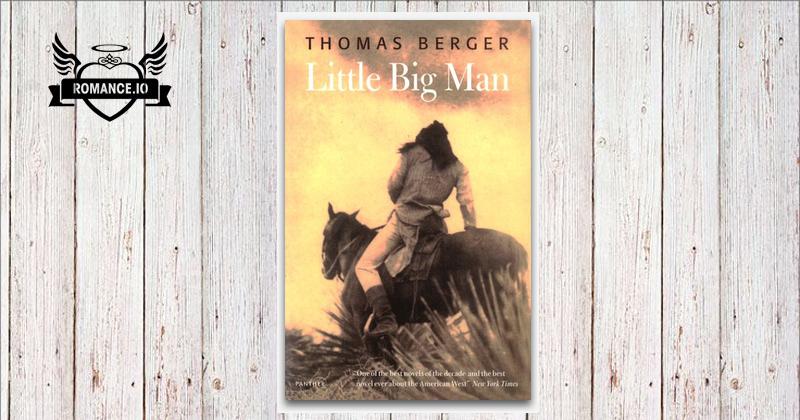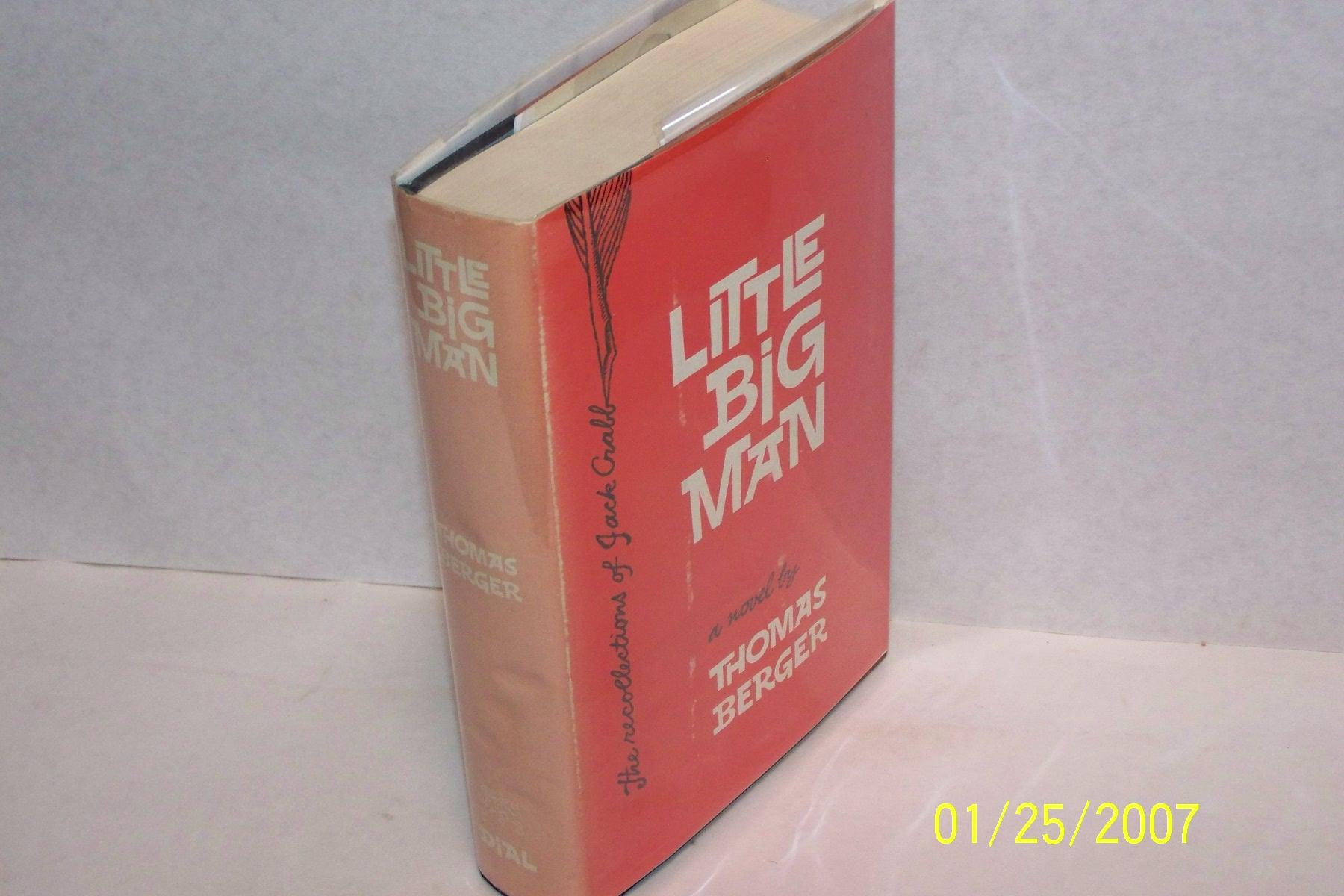


In 1943 he left the University of Miami (Ohio) to enlist in the army, where, assigned to the medical corps, he served in Britain and Germany. As a huge historical picaresque novel it recalls John Barth's The Sot-Weed Factor, but its tall-tale humour speaks of Twain, or Herman Melville's Confidence Man, while the deconstruction of American myths, a decade before Gore Vidal's Burr, catches perfectly the tenor of the changing times.īerger was born to Charles and Mildred (nee Bubbe) in Cincinnati, Ohio, and grew up in nearby Lockland, where his father worked in the local school system. Crabb claims to be the only white survivor of Custer's Last Stand, and tells of encounters with virtually every legendary character of the Old West. The book is a reminiscence by one Jack Crabb, aged 111, who was adopted by the Cheyenne as a child and renamed Little Big Man. I was assigned it in an American Studies seminar in 1970, the year Arthur Penn's film, starring Dustin Hoffman, was released. Little Big Man was that rare phenomenon: a bestseller that almost immediately entered the academic syllabus. He jumped between genres, and tones, but as an observer of the black comedy of American life his work bore comparison with figures as disparate as Mark Twain and Franz Kafka. Berger was destined never to match that popular acclaim, despite producing another 20 novels of fine quality. With the deserved success of his third novel, Little Big Man (1964), Thomas Berger, who has died aged 89, was propelled to the forefront of American novelists.


 0 kommentar(er)
0 kommentar(er)
